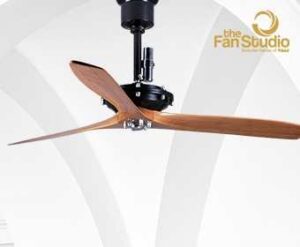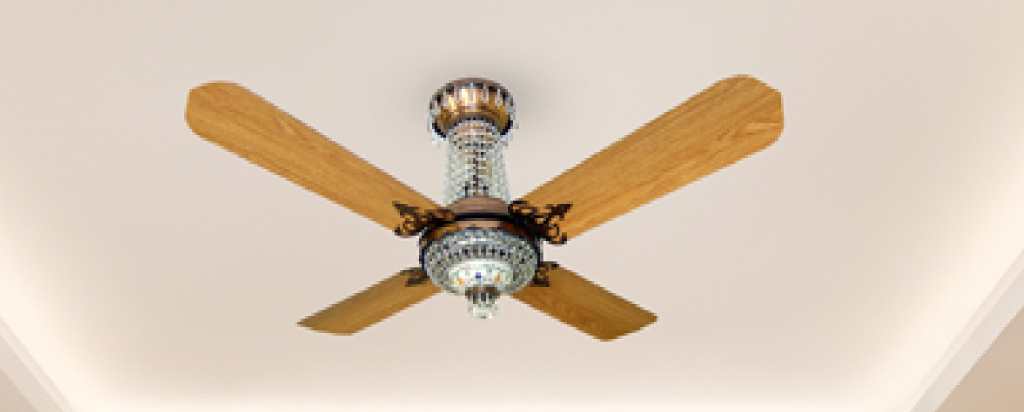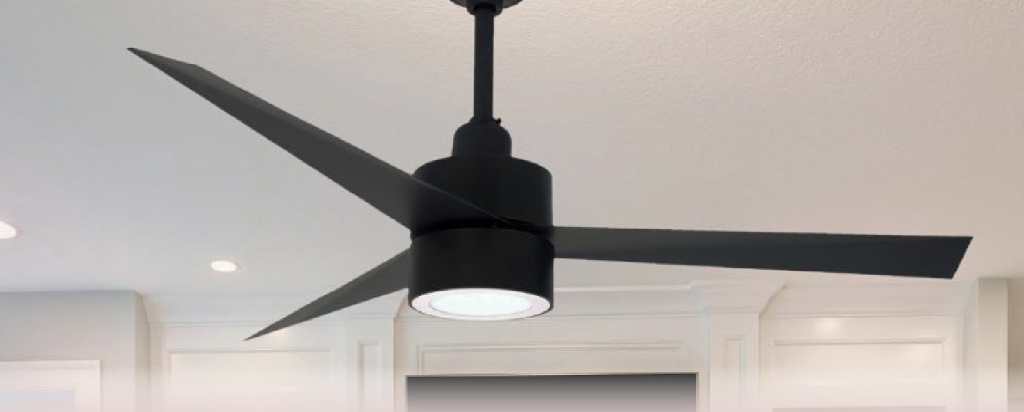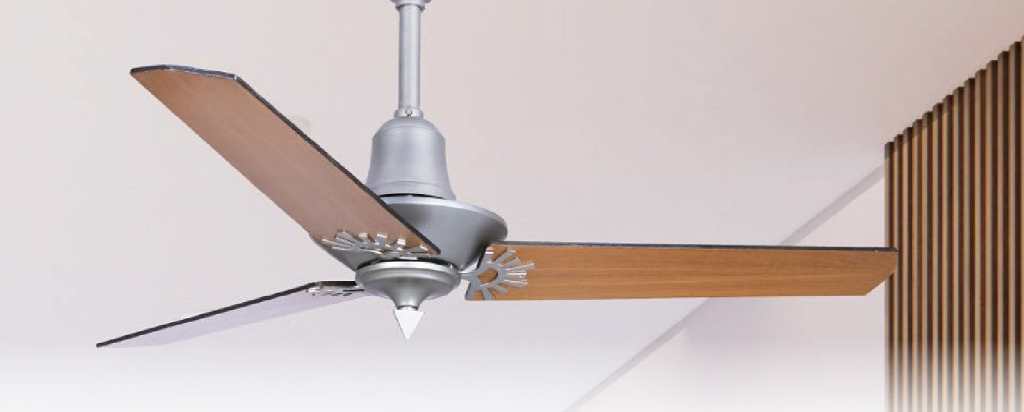As someone who enjoys sitting outside on my porch and watching the world go by, it can be quite uncomfortable during the summer months, when the heat is nearly unbearable. So I decided to check into an outdoor ceiling fan to keep cool and read the pros and disadvantages to help me make a decision.
Outdoor ceiling fans may provide a consistent refreshing breeze while also being a cost-effective long-term solution for keeping you cool. While they have several advantages in addition to keeping you cool, they also have some drawbacks, including undesired noise and the likelihood of a high installation price.
Although an outdoor ceiling fan may appear to be a good option at first glance, there are other considerations to consider before making your pick. The availability of electricity in your outdoor location, as well as how frequently you use it, can all influence whether an outdoor ceiling fan is worthwhile for you.
It is usually a good idea to assess the benefits and drawbacks of installing an outdoor ceiling fan before making a decision. You don’t want to be sorry for spending money on a large purchase if it wasn’t the best decision for your home.
The Perfect Places For Outdoor Ceiling Fans
Outdoor ceiling fans can be installed almost anywhere outside. Install an outdoor fan in any space that could benefit from ventilation, cooling, and airflow, from garages to sunrooms, patios to verandas.
Verandas, Patios and Entertaining Areas
Outdoor ceiling fans are not only ornamental and add a cosy atmosphere to your environment, but they are also ideal for moving air in the evenings. During hot, bright afternoons, they cool down places, and the air movement from the fans minimises humidity and heat. They work best in semi-enclosed locations when the fan is not subjected to extreme weather conditions.
Sunrooms and Outdoor Ceiling Fans
A ceiling fan is an excellent addition to any area, whether it is a sunroom, an indoor/outdoor space that requires airflow, or a garden room. These open spaces create fantastic features throughout your home, allowing you to enjoy natural sunshine without being exposed to the weather. Rooms with huge windows, on the other hand, can quickly heat up and become uncomfortable in the summer. They also retain heat, which is why a fan may assist circulate air and better regulate temperature!
Garages and Ceiling Fans
Garages are frequently multipurpose rooms that include automobile spots as well as fitness areas, workplaces, and other amenities. As heating a garage is advantageous in the winter, cooling it down makes sense in the summer. A fan can help to lessen the amount of humidity that may impact your garage storage items. If you work – or exercise – in your garage, a fan can help keep your space cooler and more pleasant, allowing you to work comfortably for longer periods of time.
Cleaning An Outdoor Ceiling Fan
Fortunately, cleaning an outdoor ceiling fan is a breeze! Simply use a multi-surface cleanser and a microfiber cloth or rag to clean the surface. Simply wipe off each blade, top and bottom, to eliminate any debris or dust that may interfere with the operation of your fan or those suffering from allergies. Also, make sure you wipe down the house and fixtures to prevent dust accumulation.
Advantages of An Outdoor Ceiling Fan
Outdoor ceiling fans are a great idea for anyone who enjoys spending time outside on their patio or porch but finds the heat unbearable at times. Outdoor ceiling fans are popular in hot climates because they produce a refreshing breeze while being low-maintenance and cost-effective. Here are some of the many reasons why outdoor fans are a good investment:
They keep you cool – This is the most obvious benefit of an outdoor ceiling fan and the primary reason you might want to instal one. An outdoor ceiling fan produces a direct pleasant breeze that can help you stay cool on hot days while also enjoying time outside with family and friends.
They are cost-effective – Ceiling fans are well-known as a cost-effective way to stay cool because they consume significantly less electricity than an air conditioner. This is especially true outside, where an air conditioner would be useless. The change in your electricity bill will be little as long as you remember to turn off the fan when not in use.
Pest control – Outdoor ceiling fans are a fantastic way to keep pesky flying insects away, such as mosquitoes. Nothing is more aggravating than sitting outside attempting to enjoy yourself while the mosquitoes fall, as we all know. The circulation from the fan prevents insects from flying via the breeze, effectively making your patio a bug-free zone.
Outdoor Lighting – As an extra bonus, most ceiling fans contain a built-in light. As a result, in addition to keeping you cool, you will have greater visibility in your outdoor space at night if you chose to sit there. This is perfect for late-night gatherings with friends or family, and it can provide a distinctive atmosphere to your outdoor space.
Work Well With Others
When utilised in conjunction with your air conditioner, fans are also excellent power savers indoors. In fact, they can save up to 40% on summer cooling expenditures. In addition, operating your ceiling fan in reverse in conjunction with your heater during the winter can cut heating expenditures by up to 15% because the blades blow warm air down from the ceiling.
Very Durable
An advantage of choosing an outdoor ceiling fan, whether used indoors or outside, is that they are quite durable. Because the blades are made of more weather-resistant materials, they are more resistant to moisture and rust. If you prefer this robust alternative, an outdoor fan, which comes in a variety of forms, is a feasible option for indoors as well.
Disadvantages of An Outdoor Ceiling Fan
While there aren’t many negatives to having an outdoor ceiling fan that I could find, the few disadvantages may be enough to put you off having one installed entirely. Some of the disadvantages of an outdoor ceiling fan are as follows:
Your outdoor area needs electricity – Because ceiling fans are powered by electricity, your outside space must have access to electricity in order to power your fan. Calling an electrician and rewiring can be costly, so if your region is not suitable for installation at first, you may conclude that an outdoor fan is a too much hassle.
The height of your outdoor ceiling – Overhead ceiling fans must be set at least 7-8 feet above your head to be effective. If they are too low, you may miss out on the benefits of a cool wind. So, if your outdoor space has a low ceiling, the cost of the fan and installation may not be worth it if you are not going to reap the full benefits.
Noise problems – As the motor of your ceiling fan turns over time, it may begin to emit bothersome noises. This is especially true for outdoor fans who are more exposed to the weather. Usually, a little maintenance may restore your fan’s silent brilliance, but some problems are unfixable. There’s a chance that your ceiling fan’s annoying buzz will deter you from purchasing it.
Conclusion
The Fan Studio has a large selection of the best ceiling fans in India to satisfy your demands. Explore our selection online, or contact us for assistance in selecting the ideal outdoor ceiling fan!





